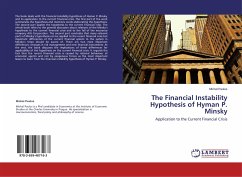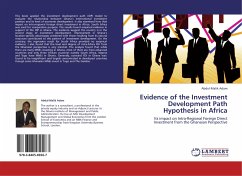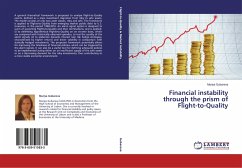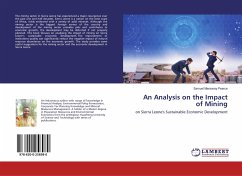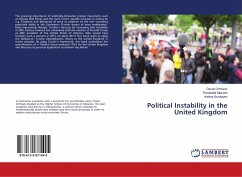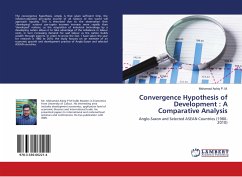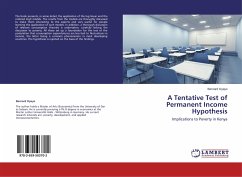The book deals with the financial instability hypothesis of Hyman P. Minsky and its application to the current financial crisis. The first part of the work summarizes the hypothesis and mentions works elaborating the hypothesis. The second part applies the hypothesis to the current financial crisis. The whole book refers to the general discussion about relations of the Minsky's hypothesis to the current financial crisis and to the fall of the insurance company AIG Corporation. The second part concludes that many relevant parts of Minsky's hypothesis can be applied to the recent financial crisis but important differences of the current financial system to the system in Minsky's times should be aware of. There are two most important differences: changes in risk management and new financial instruments. At the end, the book discusses the implications of these differences for applicability of the hypothesis on the current financial crisis. It regards the fact that the recent financial crisis is caused by rational behaviour of economic agents and not by exogenous forces as the most important lesson to learn from the financial instability hypothesis of Hyman P. Minsky.
Bitte wählen Sie Ihr Anliegen aus.
Rechnungen
Retourenschein anfordern
Bestellstatus
Storno

